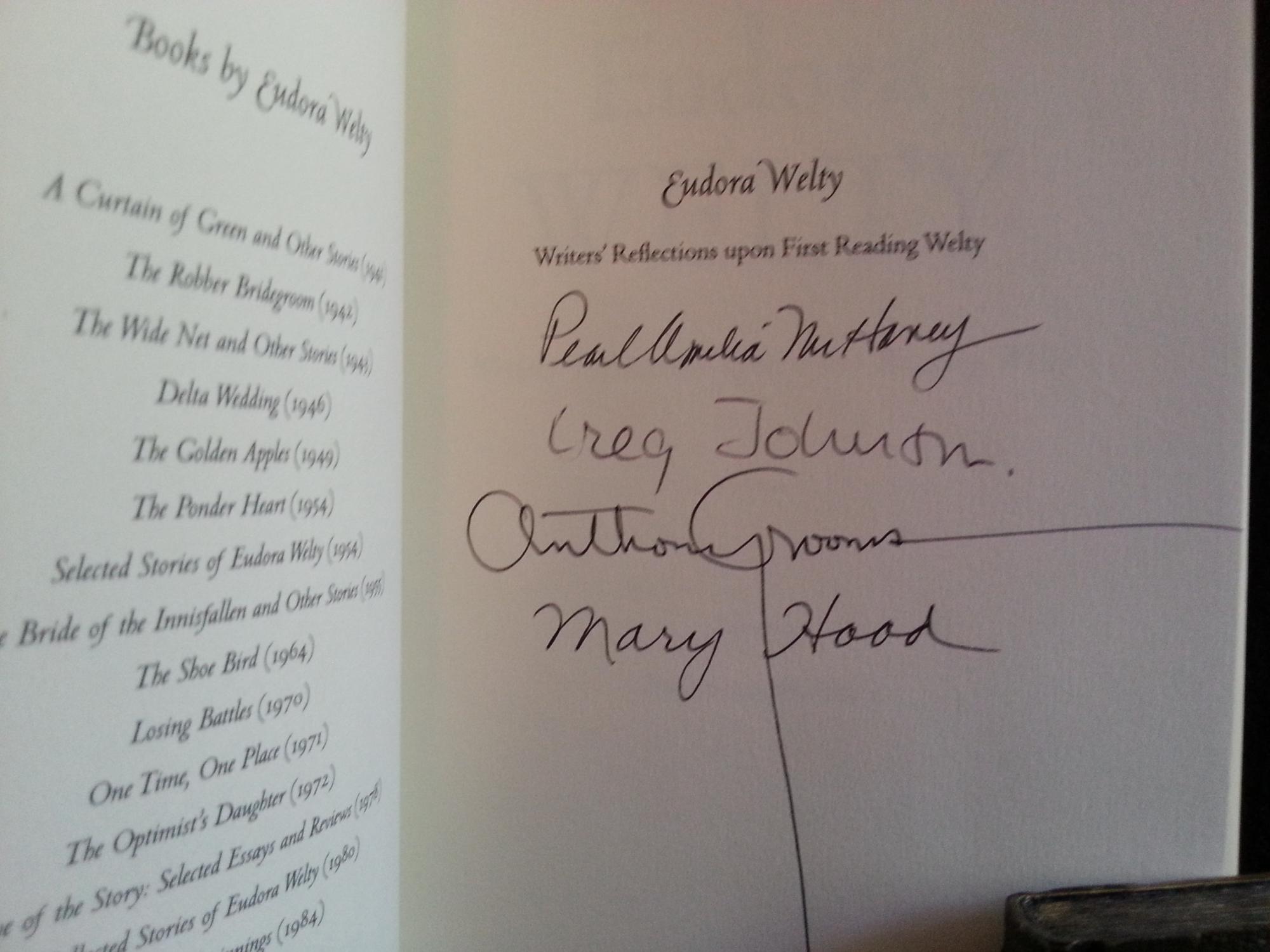


Marie Corelli’s name would crop up but I understood she had gone out of favor with my mother, who had only kept Ardath out of loyalty. The novels of her girlhood that had stayed on in her imagination, besides those of Dickens and Scott and Robert Louis Stevenson, were Jane Eyre, Trilby, The Woman in White, Green Mansions, King Solomon’s Mines. She read Dickens in the spirit in which she would have eloped with him. My mother read secondarily for information she sank as a hedonist into novels. I live in gratitude to my parents for initiating me-and as early as I begged for it, without keeping me waiting-into knowledge of the word. I read straight through his other love-from-afar: the Victrola Book of the Opera, with opera after opera in synopsis, with portraits in costume of Melba, Caruso, Galli-Curci, and Geraldine Farrar, some of whose voices we could listen to on our Red Seal records. I didn’t know then the clue they were to my father’s longing to see the rest of the world. There was the set of Stoddard’s Lectures, in all its late nineteenth-century vocabulary and vignettes of peasant life and quaint beliefs and customs, with matching halftone illustrations: Vesuvius erupting, Venice by moonlight, gypsies glimpsed by their campfires. In “the library,” inside the mission-style bookcase with its three diamond-latticed glass doors, with my father’s Morris chair and the glass-shaded lamp on its table beside it, were books I could soon begin on-and I did, reading them all alike and as they came, straight down their rows, top shelf to bottom. Neither of my parents had come from homes that could afford to buy many books, but though it must have been something of a strain on his salary, as the youngest officer in a young insurance company, my father was all the while carefully selecting and ordering away for what he and Mother thought we children should grow up with. Still illiterate, I was ready for them, committed to all the reading I could give them. Yet regardless of where they came from, I cannot remember a time when I was not in love with them-with the books themselves, cover and binding and the paper they were printed on, with their smell and their weight and with their possession in my arms, captured and carried off to myself. It had been startling and disappointing to me to find out that story books had been written by people, that books were not natural wonders, coming up of themselves like grass. When she was reading “Puss in Boots,” for instance, it was impossible not to know that she distrusted all cats. It was my ambition to have her read to me while I churned once she granted my wish, but she read off my story before I brought her butter. Sometimes she read to me in the kitchen while she sat churning, and the churning sobbed along with any story. She’d read to me in the diningroom on winter afternoons in front of the coal fire, with our cuckoo clock ending the story with “Cuckoo,” and at night when I’d got in my own bed. She’d read to me in the big bedroom in the mornings, when we were in her rocker together, which ticked in rhythm as we rocked, as though we had a cricket accompanying the story. Details outside of that process, such as finding the meaning of, or the symbolism, in her stories were not as important to Welty as the writing itself.I learned from the age of two or three that any room in our house, at any time of day, was there to read in, or to be read to.

Similarly, she wrote compelling portraits of women, and forged a path for other women writers, but she refused to wear the mantle of “woman writer” or “feminist.” For Welty, the most important accomplishment was to create compelling characters and a well-crafted narrative rather than a public persona as a famous author. Though a proud daughter of the South, Welty resisted the label of “regionalist,” observing that everyone was from someplace, so that every writer was, essentially, a regionalist. Criticism indeed is an art, as a story is, but only the story is to some degree a vision there is no explanation outside fiction for what the writer is learning to do.” This observation goes to the heart of the difficulty regarding the categorization of Welty's writing. In her autobiography, One Writer's Beginnings (1984), Eudora Welty reflects on the complicated relationship between literature, literary criticism, and authorial intention: “The story and its analyses are not mirror-opposites of each other.


 0 kommentar(er)
0 kommentar(er)
